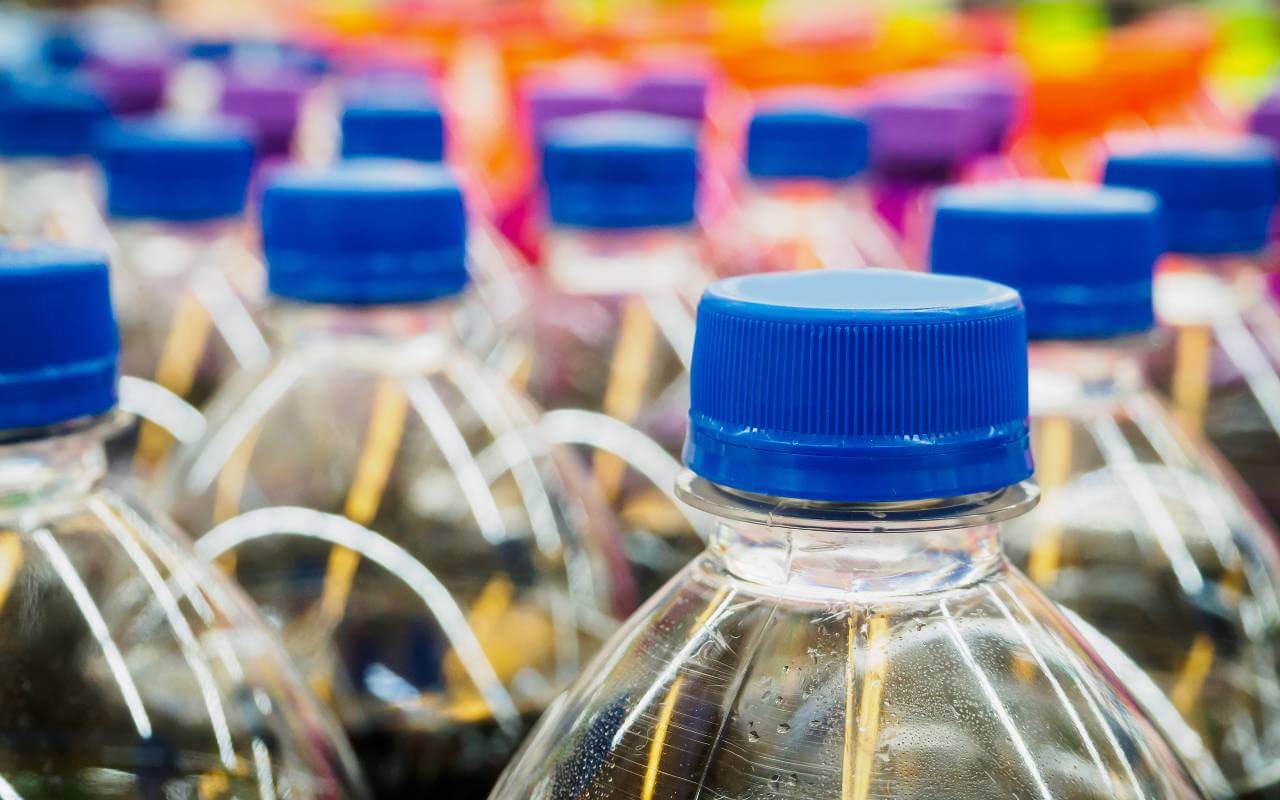The UK Government has pledged in its 25-year Environmental Plan to protect our natural world and leave it in a healthier state for the next generation. It includes a commitment to minimise waste, reuse materials as much as possible and manage materials at the end of their life to reduce their impact on the environment. One example is the Deposit Return Scheme (“DRS”) which Scotland will introduce on 16 August 2023, with England, Wales, and Northern Ireland to follow suit.
Deposit return schemes are not a novel concept. Germany introduced an equivalent of the DRS, Pfand, in 2003 and they are said to have achieved a 98% return rate. There are reports of queues of customers at stores – not to buy products but to return them.
The DRS will operate by adding a refundable 20p deposit to the price of any ‘scheme article’ – a single use container that is a drink, between 50ml and 3 litres and made from PET plastic, glass, steel, or aluminium. When consumers return their container (or in the case of online purchases, have it collected), it will be recycled.
Under the DRS, you are a retailer if you:
- Market, offer for sale or sell a scheme article to a consumer in Scotland;
- Operate an online marketplace facilitating the delivery of drinks in scheme containers to consumers; or
- Own a vending machine or operate and control the premises where a vending machine stands.
According to Scotland’s environmental regulator, the Scottish Environmental Protection Agency, your obligations as a retailer are to:
- Only sell drinks from registered producers;
- Only sell drinks to consumers (in Scotland) that a producer has made available for sale (in Scotland);
- Charge a 20p deposit when selling a drink that is part of the scheme;
- Make it clear to the customer that the drink is part of the scheme and a deposit applies;
- Clearly display the price of the deposit (20p) in any place that a drink is displayed for sale;
- Clearly display information on how the customer can redeem the deposit;
- Operate a return point (unless exempt) or takeback service;
- Store returned empty containers in a safe way, following the Duty of Care code of practice.
England, Wales, and Northern Ireland aim to introduce their DRS in October 2025. Single-use glass bottles will not be included in the English and Northern Irish DRS. The recycling of glass bottles will instead by covered, in England, by the Extended Producer Responsibility scheme which sets manufacturers targets for recycling glass bottles. Given the scheme will not be in force for more than 2 years, certain standards have still yet to be set. For example, the amount of the deposit has not been decided. This decision will be made by an independent, industry-led organisation, the Deposit Management Organisation, which is also to be the general administrator of the scheme.
Some food (or drink) for thought. The DRS is meant to be a system where each player is not ‘out of pocket’ due to how cash flows around but will there be some initial delay in the scheme administrator paying a retailer’s invoice? Other uncertainties involve pricing. If a drink product is sold at £1.20 with the deposit, but it is now being sold with a 20% discount which only applies to the actual price of the item (£1.00), how will this be displayed on product tickets? Furthermore, according to the German Environment Agency, a glass bottle can be refilled up to 50 times without losing quality. For reusable plastic bottles, it puts the re-use rate at 25. Additionally, there must be a risk that the exclusion of single-use glass bottles will push some retailers to sell more drinks in…single use glass bottles! And finally, will we see entrepreneurs hunting for empty bottles to earn money? Or will the more charitable give empty bottles to those in need to seek refunds?
Whether the negative consequences to the DRS outweigh the positive remains to be seen – it will be interesting to see if the Scottish scheme has anything like the uptake seen in Germany.
This article originally appeared in Petrol Heads-Up.



